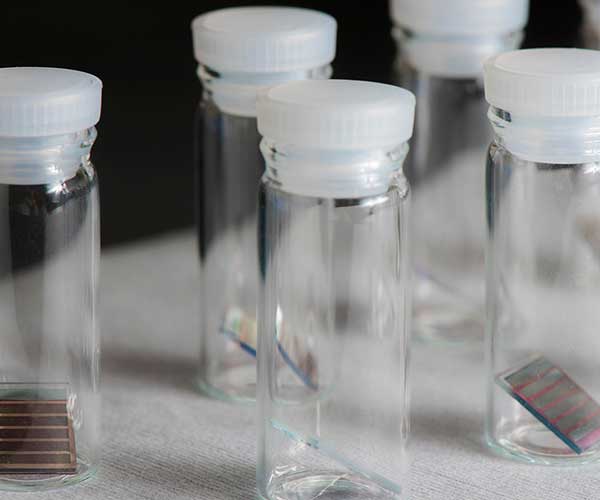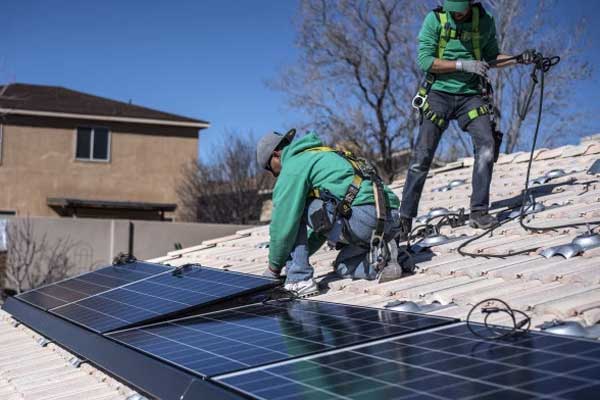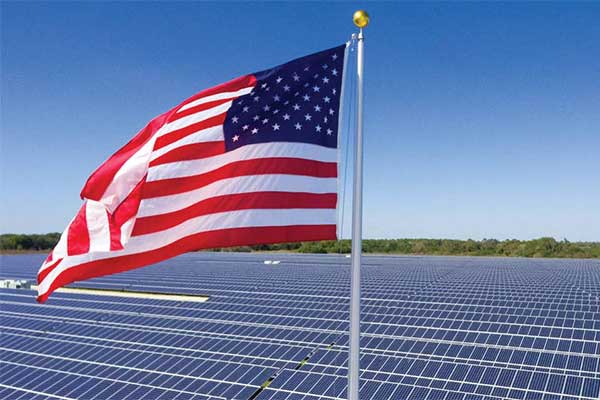An interdisciplinary effort between Canada, the United States, and Germany is providing groundbreaking mechanistic aspects of singlet fission allowing for the use of organic materials in solar energy capture.
The group’s new discovery is just the latest in an increasing lineup of solar energy advances coming out of the University of Alberta Department of Chemistry.
“Solar energy is by far the cheapest of energy sources. But to do it effectively, the costs have to come down,” said Rik Tykwinski, professor in the University of Alberta’s Department of Chemistry.
“Singlet fission is basically like a two-for-one energy store, doubling the amount of charge you can generate. Increasing the efficiency of organic materials in solar energy capture will be a huge advance. It’s a key challenge that has to be solved.”
In addition to Tykwinski’s work with singlet fission and organic solar cells, a number of his UAlberta chemistry colleagues are pushing the boundaries of knowledge of our fundamental understanding of solar energy capture to fully harness the power of the sun.
In the realm of solar energy conversion, singlet fission–converting a molecular singlet state into two triplet states–offers a realistic route to advance the efficiencies of solar cells beyond that of conventional systems. Singlet fission opens up the possibility of working with organic materials for solar energy capture, typically dominated by more expensive resource-intensive materials such as silicon. Organic materials offer a cheaper and easier way to increase efficiency in solar energy capture.














Comments